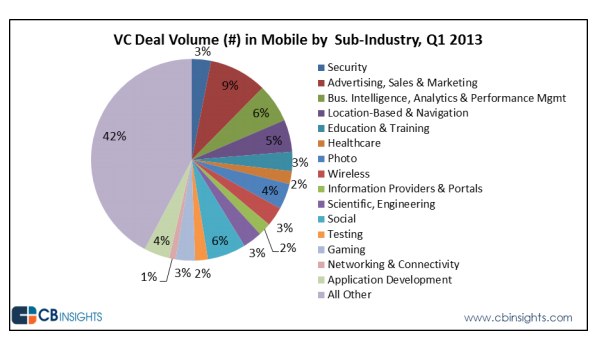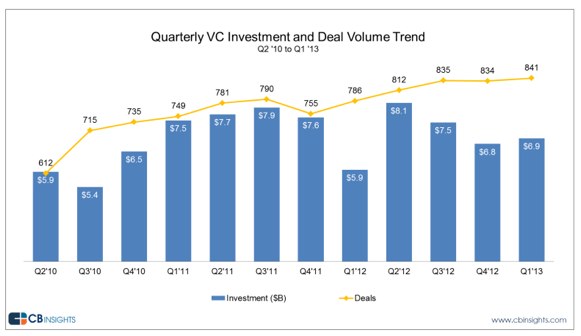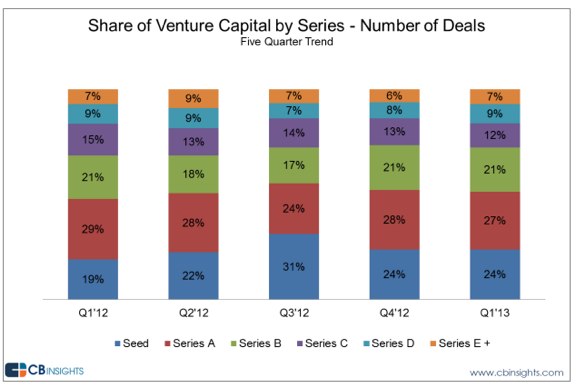“Michael Marchillo, a plumber, has been trying and failing for months to buy a bigger home for his family here in Sin City. He was pre-qualified by a bank for a $130,000 mortgage, which a year ago would have landed a typical three-bedroom home in the area. No more. Now, the 36-year-old says, it’s hard to compete with “greedy investors” who come to the table flush with cash for quick deals.
Marchillo is on to something. The once-beleaguered Las Vegas housing market has been on fire since investment firms led by Blackstone Group, Colony Capital, and American Homes 4 Rent began buying homes here some eight months ago, backed by $8 billion in investor cash to spend nationally.
These big investors and a handful of others have bought at least 55,000 single-family homes across the U.S. in the past year. In the Vegas area alone, they have accounted for at least 10 percent of the homes sold since January 2012, according to a Reuters analysis of housing transactions.
(Read More: US Pending Home Sales Tick Upward in March)
That added firepower helps explain why home prices in this metropolitan area of 2 million people are up 30 percent over a year ago, far more than the national average of 10 percent. Permits for new home construction are up 50 percent, twice the national average.
Local real-estate broker Fafie Moore says private-equity firms and hedge funds have largely “crowded out” local buyers like Marchillo. That’s because the investment firms have broadened beyond their initial focus —buying homes at foreclosure auctions. Now, they are also bidding for homes listed by private owners and banks.
In a sign of how freely the money is flowing, Moore notes around 60 percent of all sales are in cash these days.
Fellow broker Trish Nash said she has seen cases where a home gets listed and quickly draws a dozen bids, many in cash. Realtors are talking about a mini-bubble forming here.
“There is an artificial appreciation in our market,” says Nash. “I know (the big investors) say they aren’t going to be flippers, but for them it is all about the bottom line.” …”




